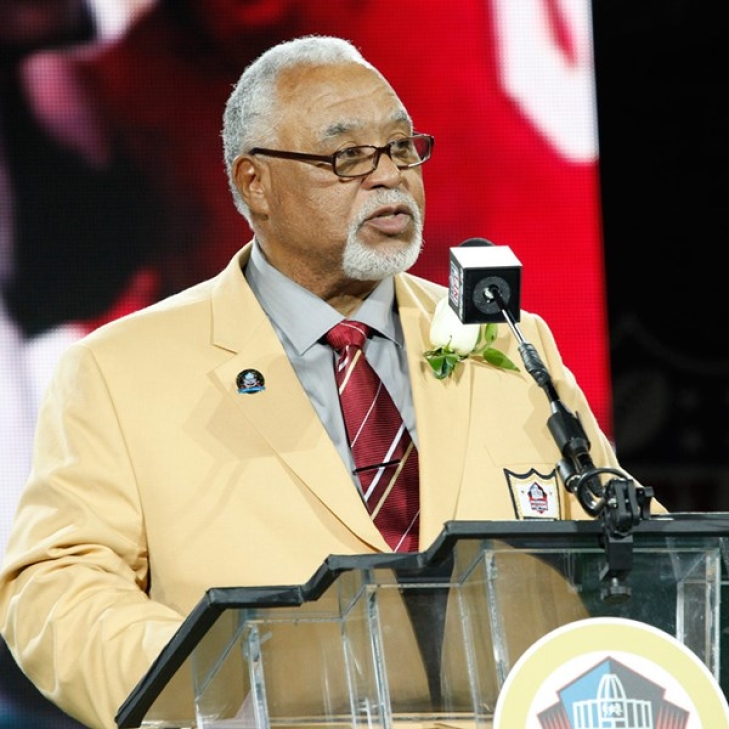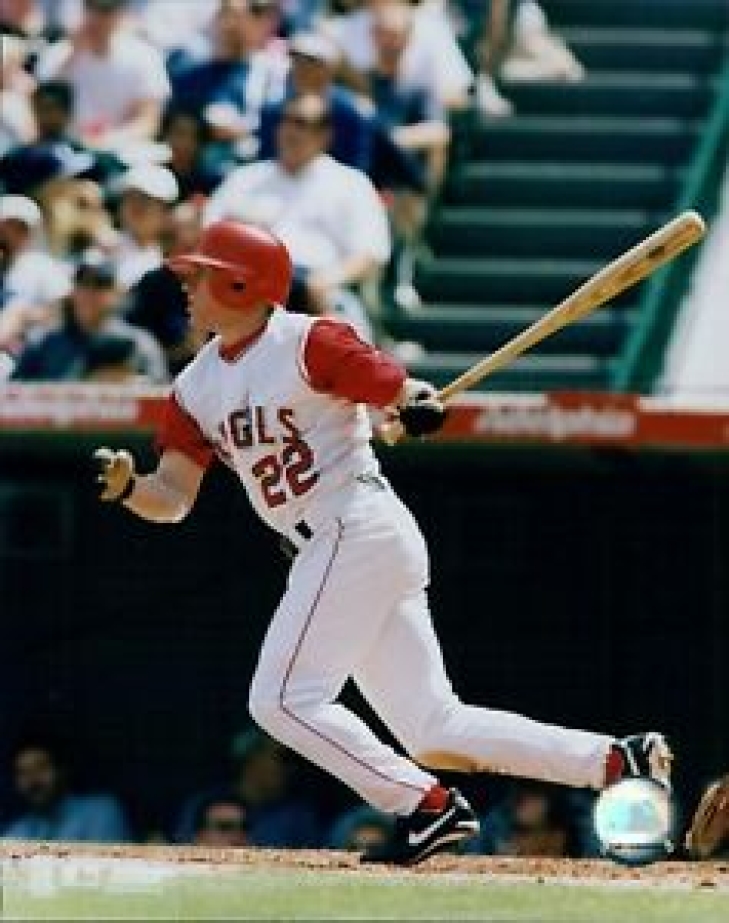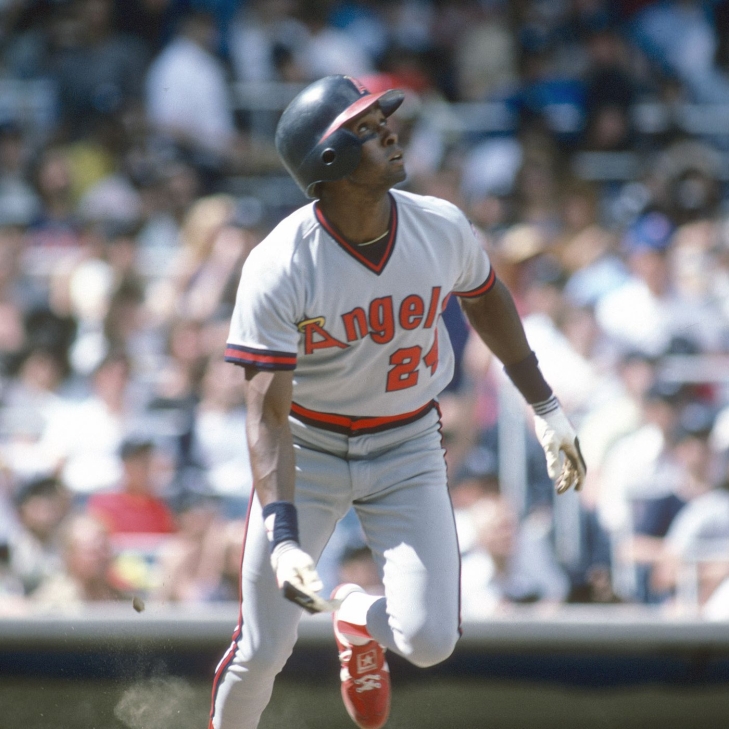
Committee Chairman
RIP: Curley Culp
Pro Football legend, Curley Culp passed away today due to complications from pancreatic cancer. He was 75 years old.
Culp announced earlier in the month that he had stage 4 cancer.
Known for his raw strength, Culp was an All-American at Arizona State. The Denver Broncos took him with their Second Round Pick in 1968, but they considered him a bad fit, and too short to make it in the NFL. They traded him to the Kansas City Chiefs, and a year later, he was named an AFL All-Star, and was a large part of the team that won Super Bowl IV. With Kansas City, he also was a Pro Bowl Selection, earning that in 1971.
The Nose Tackle was traded to Houston in 1974, and he became the heart of a potent Oilers 3-4 Defense that was made for Culp’s skills. Stronger than ever, Culp was named to four consecutive Pro Bowls with the Oilers (1975-78), and was the runner-up for the AP Defensive Player of the Year in 1975. Playing until 1981, Culp has been called by many pundits as the greatest Nose Tackle of all-time.
Culp was inducted into the Pro Football Hall of Fame in 2013, and is also a member of the Kansas City Chiefs Hall of Fame and Arizona State Athletic Hall of Fame.
We here at Notinhalloffame.com would like to extend our condolences to the fans, friends and family of Curley Culp.
48. David Eckstein
David Eckstein was a throwaway pick in the 1997 Draft, taken in the 19th Round by the Boston Red Sox. The Red Sox placed him on waivers in 2000, and the Angels took a chance on the Shortstop, and it would be one of the organization's best decisions ever made.
At age 26, Eckstein made the Angels out of Spring Training, and he had a solid rookie year, batting .285 with 166 Hits with a fourth place finish in Rookie of the Year voting. The Angels fans loved him, and how could you not like a 5’ 6” dynamo who did whatever he could to get on base. In both 2001 and 2002, Eckstein led the American League in Hit by Pitch and Sacrifice Hits. Eckstein’s best season with the Angels was 2002, where he was 11th in MVP voting, had 178 Hits, and batted .293. Anaheim won it all that year, with Eckstein, the team's heartbeat leading the way.
Eckstein played two more seasons with the Angels, both decent, though not necessarily spectacular. He was a good hitter, with limited power, but realistically expandable. As popular as he was, Eckstein was not going to be in the upper-tier of Shortstops, though the Angels would have liked to have kept him after his contract expired following the 2004 Season.
He opted for St. Louis, where he would later win a second World Series Ring (2006). With the Angels, Eckstein had 614 Hits and batted .278.
50. Gary Pettis
The first six years of Gary Pettis' MLB career were with the California Angels, where he showed exactly what he was; a speedy and defensively skilled Outfielder who had zero pop in his bat.
Pettis debuted for the Angels in 1982, and two years later, he was their starter at Centerfield. From 1984 to 1986, Pettis was perennially second in Stolen Bases, swiping 145 bases in that period. He used that speed expertly with his glove, and he won two Gold Gloves, was the American League leader in Total Zone Runs in 1986 (22), and rarely made any errors.
Pettis was traded to Detroit after the 1987 Season, and although his offensive numbers were not impressive, his defense was, and he earns a place on this list.
46. Scot Shields
Scot Shields played his entire Major League career with the Anaheim/Los Angeles Angels, a job that spanned 491 Games, an incredible number for a Pitcher drafted in the 38th Round.
Shields made his first appearance in 2001, and he would find a role with the Majors in middle relief. A member of the 2002 World Series Championship Team, Shields had five straight seasons where he made at least 60 Games (2004-08), with the three middle exceeding 70.
Over his career, Shields accumulated 21 Saves and had 114 Games Finished.





